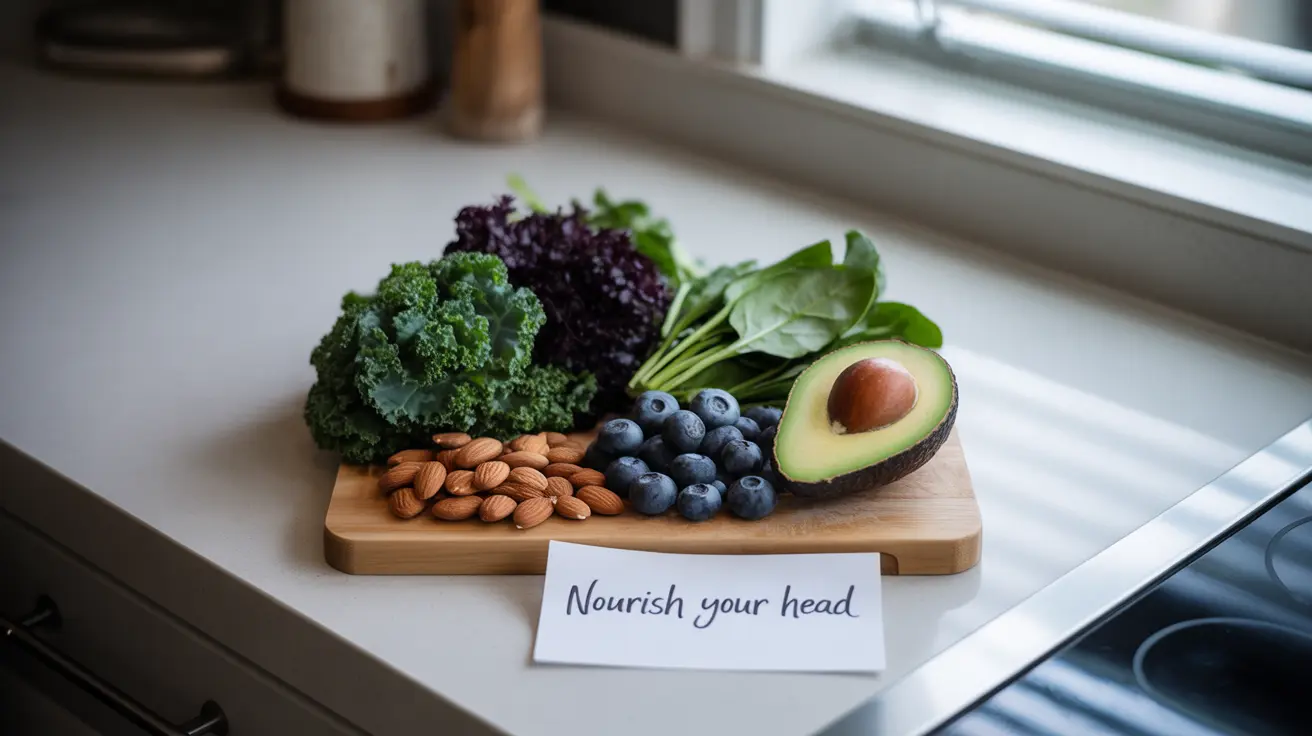When a migraine strikes, choosing the right foods can make a significant difference in managing symptoms and potentially reducing the severity of the attack. Understanding what to eat when you have a migraine is crucial for both immediate relief and long-term prevention. This guide explores evidence-based nutrition strategies to help you navigate eating during migraine episodes.
Understanding the Role of Diet in Migraine Management
Diet plays a vital role in both triggering and preventing migraines. While certain foods can exacerbate symptoms, others contain nutrients that may help reduce inflammation and support overall neurological health. Making informed dietary choices during a migraine attack can contribute to faster recovery and better symptom management.
Beneficial Foods During a Migraine Attack
Magnesium-Rich Foods
Foods high in magnesium can help relax blood vessels and ease migraine symptoms. Consider incorporating these options:
- Dark leafy greens like spinach and kale
- Pumpkin seeds
- Almonds and cashews
- Avocados
- Bananas
Anti-Inflammatory Options
Reducing inflammation through diet can help alleviate migraine pain. Focus on these foods:
- Fresh berries (especially blueberries)
- Fatty fish rich in omega-3s
- Ginger
- Sweet potatoes
- Cherries
Hydration Strategies
Proper hydration is essential during a migraine attack. Beyond plain water, consider these hydrating options:
- Coconut water for electrolytes
- Herbal teas (particularly ginger or chamomile)
- Clear broths
- Water-rich fruits like watermelon
Foods to Support Recovery
During the post-migraine phase, certain foods can help restore energy and prevent future attacks:
- Whole grain crackers or bread
- Brown rice
- Plain yogurt
- Steamed vegetables
- Lean proteins
Trigger Foods to Avoid
While managing a migraine, it's crucial to avoid common trigger foods:
- Aged cheeses
- Processed meats
- Artificial sweeteners
- MSG-containing foods
- Caffeine (for some individuals)
- Red wine and other alcoholic beverages
Frequently Asked Questions
What are the best foods to eat to reduce the frequency and severity of migraines?
The best foods for managing migraines include magnesium-rich options like dark leafy greens, nuts, and seeds; anti-inflammatory foods such as fatty fish and berries; and complex carbohydrates like whole grains. These foods provide essential nutrients that may help prevent and reduce migraine severity.
How do magnesium-rich foods help in managing migraine symptoms?
Magnesium-rich foods help regulate neurotransmitters and reduce blood vessel constriction in the brain. They can decrease migraine frequency and intensity by supporting proper nerve function and helping to maintain healthy blood flow.
Can omega-3 fatty acids from fish and seeds prevent or lessen migraine attacks?
Yes, omega-3 fatty acids have anti-inflammatory properties that may help reduce migraine frequency and severity. Regular consumption of fatty fish, flaxseeds, and chia seeds can provide these beneficial compounds and potentially decrease inflammation associated with migraines.
Is staying hydrated effective in preventing migraines, and how much water should I drink?
Yes, proper hydration is crucial for preventing migraines. Aim to drink at least 8-10 glasses (64-80 ounces) of water daily. During a migraine attack, increase fluid intake and consider electrolyte-rich beverages to maintain proper hydration levels.
Which foods or additives should I avoid if they trigger my migraine attacks?
Common trigger foods include aged cheeses, processed meats, artificial sweeteners, MSG, chocolate, and alcoholic beverages. Keep a food diary to identify your personal triggers, as they can vary among individuals. Once identified, eliminate these items from your diet to reduce migraine frequency.




